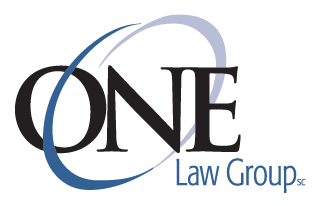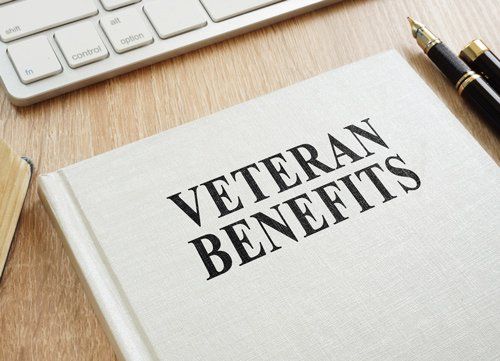Estate Planning
involves much more than preparation of a will or trust document. The planning process includes discussions such as who should make medical and financial decisions for you in the event you become incapacitated? Who do you want in charge of settling the affairs of your estate? Who should inherit from you at the time of your death, and what should the timing be on the distribution of the inheritances? In addition, are there beneficiaries who are to be receiving an inheritance that have special needs or other issues which need to be analyzed? These are all difficult questions to address but are an important part of the estate planning process. Attorneys use tools such as power of attorney documents, wills, and trusts to address these various issues.
Estate plans may need to be revised. Maybe there are changes in the family, such as someone gets married, has children, or a family member passes away. These are all reasons to revisit your plan. Other reasons to revise might include: someone needs long term care unexpectedly, or powers of attorney were missed in your estate plan, and guardianship is needed.
For all these concerns, contact an estate planning/elder law attorney at One Law Group, S.C.
We have attorneys with years of experience who can answer all your questions regarding these and any other estate planning issues you may have.
Contact One Law Group, S.C.
at 866-525-5200
for a complimentary consultation.
We can assist you with:
Elder Law
You may need an Elder Law Attorney for a variety of reasons. If you have a family member needing long term care, you may wish to consult with one of our elder law attorneys to determine how best to finance this care, while protecting your nest egg from the devastating cost frequently associated with this situation. You may also need an Elder Law Attorney to set up a special needs trust to maintain eligibility for public benefit programs while providing management of assets for the individual with special needs.
Estate Litigation
In the event there is disagreement in the settling of an estate; you may need special guidance to help obtain a favorable outcome.
Estate Planning
Estate planning is not just for wealthy individuals. Everyone should have at least a basic plan, providing for who will make medical and financial decisions for you if you become incapacitated, and who will be the guardian for any minor children in the event you pass away.
Long Term Care Planning
Whether you receive care in your own home, an assisted living facility, or a skilled nursing facility, cost is always a factor. The maze of public benefit programs and the complexity of these programs require the special skills of an elder law attorney to secure the most favorable outcome.
Probate
This is the legal process which an individual utilizes to monitor the transfer of assets from the deceased to the appropriate beneficiaries. Understand that having a Will in place does not avoid the probate process. There are many legal and tax issues you will need to be aware of to ensure an estate is handled properly.
Special Needs Planning
You may have a family member with special needs, caused by developmental disability, physical or mental illness, drug or alcohol addiction, or any combination of these issues. In the event the individual with special needs is also receiving public benefits, such as Family Care or Medical Assistance, you should consult with an attorney well versed in such trusts. These trusts can help maintain eligibility for public benefits while improving the life of the family member with special needs.
Trust Administration
There are many types of trusts utilized for a variety of different reasons. An attorney will help you choose the correct type for what you are trying to accomplish.
Veterans Benefits
Veterans who meet certain military service requirements, as well as asset and income rules, can qualify for a monthly pension to assist paying for long term care costs at home, in assisted living facilities and nursing homes. Choose your advisor wisely as an individual assisting with the preparation, presentation, and prosecution of such claims must be accredited by the Veteran’s Administration.
Will & Trusts
Both Wills and Trusts ultimately accomplish the same thing at the date of death, in that they both dictate who will inherit your estate and how assets will be disbursed to the named beneficiaries. However, Wills go through the probate process, while trusts do not. Be certain you understand why one may be better for you than the other.












